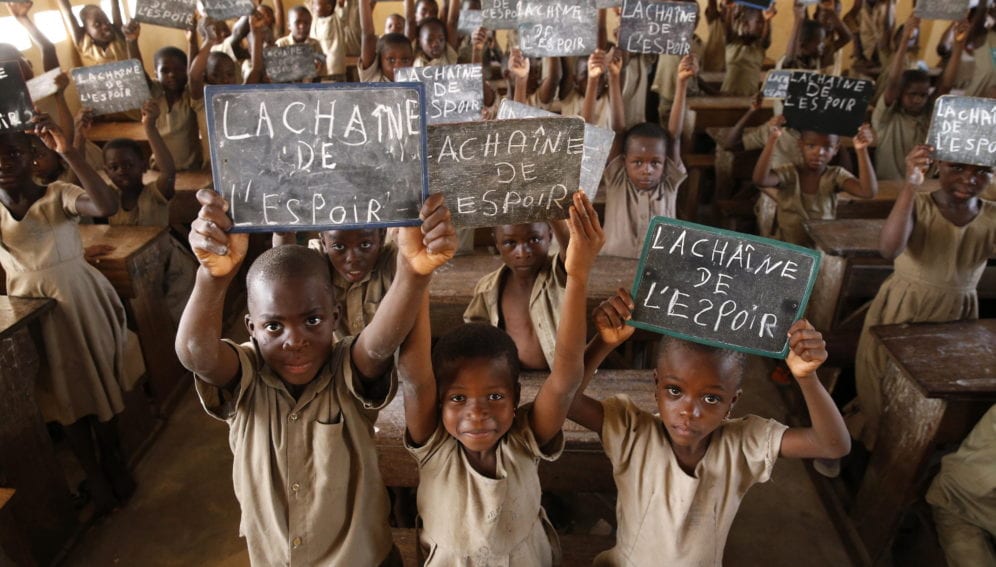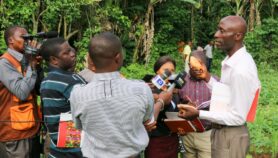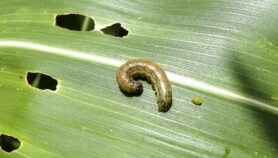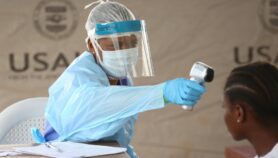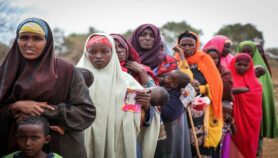Send to a friend
The details you provide on this page will not be used to send unsolicited email, and will not be sold to a 3rd party. See privacy policy.
[CAPE TOWN] Few learners in schools located in poor rural or township areas can benefit from simple science programmes designed to boost their understanding because they lack reading comprehension skills, a study says.
According to researchers, 80 per cent of South African learners who attend poorer schools classified as being in quintile one to four category, rank at or near the bottom in international tests of reading comprehension. Thus, researchers were motivated to assess whether interventions to boost science learning in two of the schools were benefitting the learners.
“Most learners were able to engage meaningfully with a less text-rich, moderately familiar quiz but there was a prevalence of reading avoidance, guessing and reliance on superficial text features to answer questions for a more text-rich, unfamiliar quiz,” says Angela Stott, lead author of the study published in the South Africa Journal of Science last month (30 January).
“There was a prevalence of reading avoidance, guessing and reliance on superficial text features to answer questions for a more text-rich, unfamiliar quiz.”
Angela Stott, University of the Free State, Bloemfontein
Stott, who is science education researcher at South Africa’s University of the Free State, Bloemfontein, attributes the lack of science reading ability among the learners in the township to inadequate reading for pleasure culture.
“Certainly, poverty must contribute to this,” she says, adding that the students are not gaining from science and technology interventions that require reading because of their poor reading comprehension skills.
Although the learners were willing and focused during the test, it was clear that sadly they simply did not have the reading comprehension skills, and not that they were not cooperating, Stott explains.
Researchers selected 65 grade eight and grade nine learners who attended two schools in Botshabelo, a township about 50 kilometres from Bloemfontein, to read science texts for second language learners created for their grade levels.
The learners’ answered simplified electronic tests about electric circuits and lightning on a computer fitted with eye-tracking hardware and software.
Stott worked as a mentor to science teachers at Botshabelo schools as part of a partnership project to boost science learning in 2014 to 2017.
Only 32 per cent of learners demonstrated that they could read and understand science texts without guessing, turning to simple text or totally avoiding the text, the study found.
According to Scott, science programmes such as the one she has helped create called TopKids can help learners participate in science clubs and workshops to help acquire science learning outside the classrooms and improve their science reading and performance.
“Learners need a basic understanding of everyday language before they can access English for science and technology,” says Rollnick. “They also need some understanding of science and technology.”
This piece was produced by SciDev.Net’s Sub-Saharan Africa English desk.
References
Angela Scott and Tanya Beelders The influence of science reading comprehension on South African township learners’ learning of science South Africa Journal of Science (30 January 2019)


